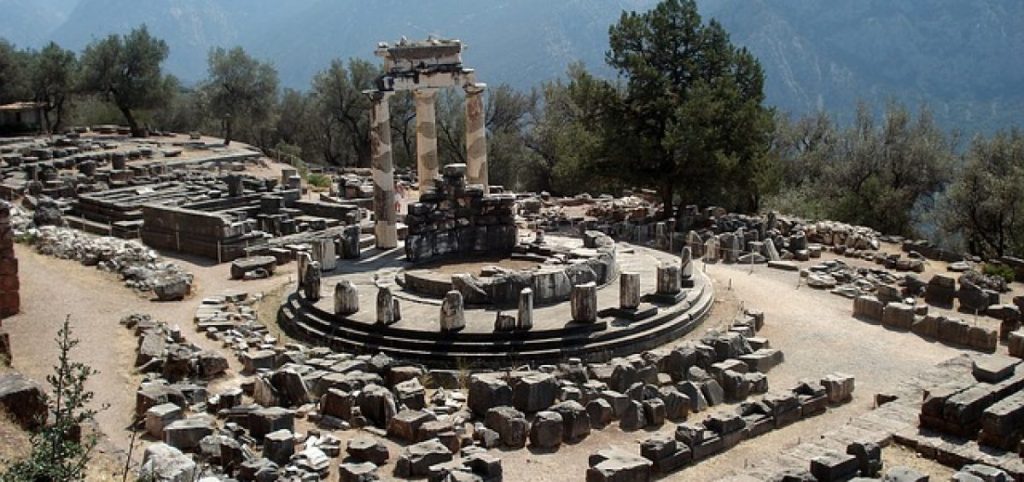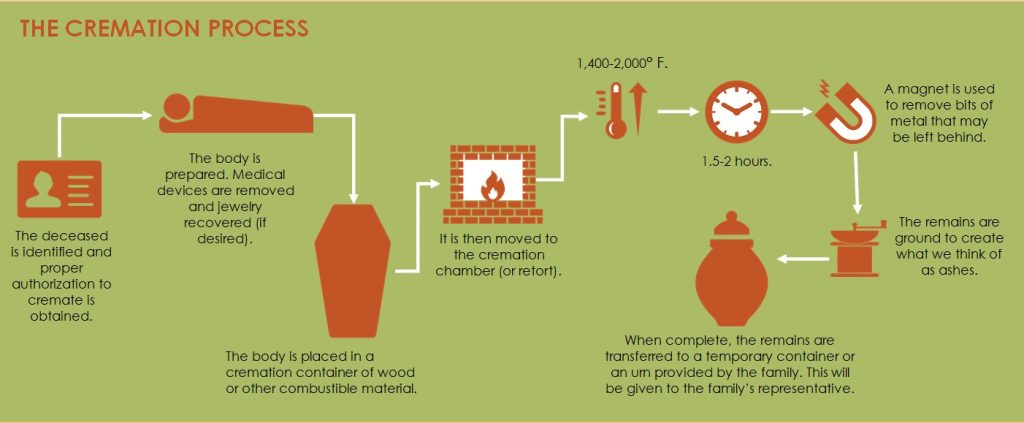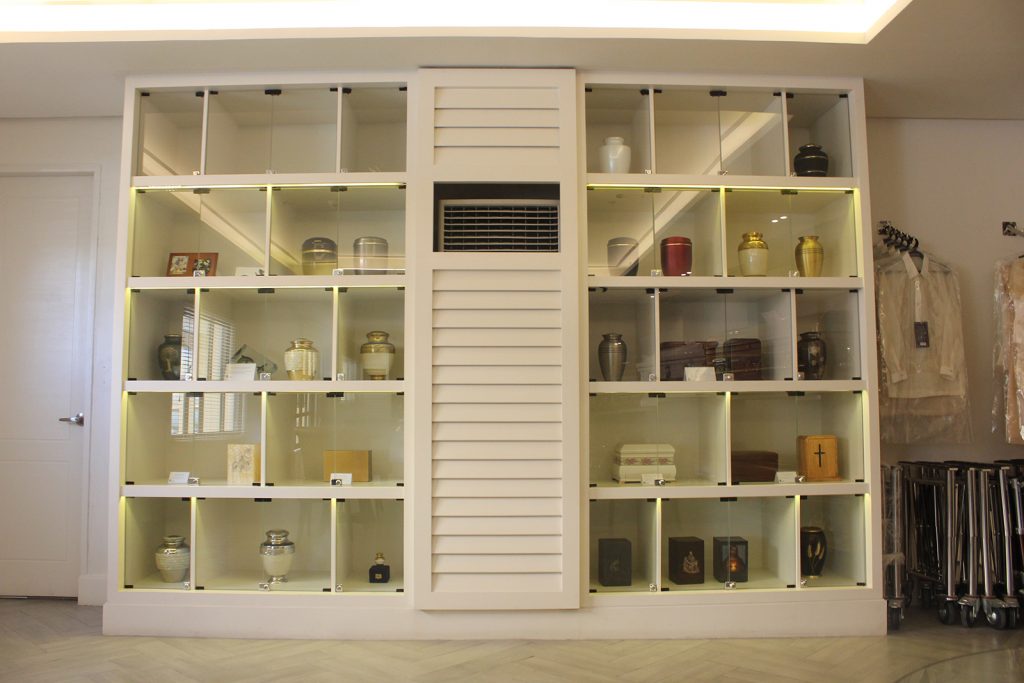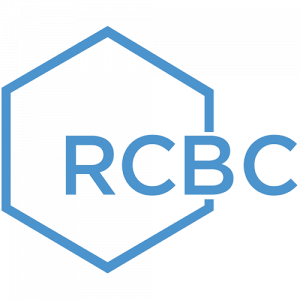How Does Cremation Become a Natural Process of Death?
written by Franz Heizel Barba, Golden Haven Memorial Chapels & Crematorium
It is a tradition for us, regardless of our religion, culture, and belief to honor our dearly departed and perform ritual rites as a final tribute for them. We often cry our hearts out with endless prayers for the last voyage of their spirits, calling upon the saints to usher their souls to heaven. It is indeed the greatest mystery to a man on what happens afterlife and what lies beyond. That’s why it is with the utmost diligence that we respect and perform the last wishes of our late loved ones on how they want their funerals to be arranged: to either once again accept the warm embrace of the earth or let their essence return to dust as how it was written.
How it all began

Cremation was practiced way back in prehistoric times wherein the human body is reduced to ashes by incineration. Evidence shows that cremation has been performed as early as 3000 BC and cremation on open fires begun with the Greeks at 1000 BC, often associated with heroism and military honors for it was considered as “the only fitting conclusion for an epic life” (Encyclopædia Britannica).
As the Roman Empire transpired, around 27 BC to 395 AD, cremation was widely carried out and the ashes were kept in intricate urns, often within columbarium-like structures. It then became a status symbol in Rome that Romans built columbarium establishments to be rented which became a lucrative business. Although cremation is customary among Romans, Christians at that time frown upon the idea and preferred interment funeral or entombment. As Christianity spread, cremation disappeared except on unusual instances such as deadly plagues, widespread epidemics, and adverse war.
Adapting Cremation in the Modern Age

Modern cremation began when Professor Brunetti of Italy perfected his cremation chamber and presented it in 1873 Vienna Exposition. Due to public concern for hygiene and health, Queen Victoria’s surgeon, Sir Henry Thompson, was moved by the said exhibition. He published his influential book entitled Cremation: The Treatment of the Body After Death and organized the Cremation Society in England along with Anthony Trollope, Sir John Tenniel, the dukes of Bedford, and Westminster. Cremation made its come back in Europe and the United States after then and crematories gradually began to sprang up. The first modern crematorium in the US was built in 1876 by Dr. Julius Lemoyne in Washington, Pennsylvania. Even though the growth of cremation abroad has paced slowly, it was readily embraced in some Asiatic and European country (countries) that more than 50% of the dead were cremated in England, Germany, and Denmark.
As the people move to the urban part of the countries, the shortage of memorial space skyrocketed. Today, more people look at cremation as one of the practical funerary options taking societal, economical, and ecological aspects into consideration.
What does the Bible say about cremation?
It is only common for people to fear for their soul but it is only by faith that we are saved and by the grace of God, not by our own doing. As the Bible tells us through Genesis 3:19,
“By the sweat of your face will you eat bread until you return to the ground, for out of it you were taken. For you are dust, and to dust, you shall return.” and through Psalms 104:29,
” You hide your face: they are troubled; you take away their breath: they die, and return to the dust.”
that we are all taken from dirt and we will go back to dirt regardless of the manner of our disposal.
The Bible does not say anything about obligatory methods on how we should bury our dead. Whether we are buried or cremated, we will return to dust for as it is written in the Scriptures and the will spoken by God.
What does the Church say about cremation?
As Shakespeare draws his words together, “One is never prepared for the loss of a loved one”. All the other poets could conspire and there can never be enough utterance to describe how heart-wrenching grieving is. However, The Catholic Funeral Rites helps to mourn family, relatives, and friends through prayers and sacred acts.
According to the Code of Canon Law of 1983, the church does not prohibit cremation. The ashes are to be interred in a grave, mausoleum, or columbarium. The cremated remains should be placed in a respectful vessel, not to be scattered, stored at home for safekeeping, or be divided among family members and held in reserve.

Final Thoughts about Cremation
We should treat our cremated departed the same way as we are to treat our deceased that are to be buried inside a coffin or casket. Moreover, it is now allowed to conduct a funeral mass after the cremation is performed.
Want to learn more about our cremation offerings and columbary vaults? Click the following links: Cremation Services, Columbary Vaults.
About the Company
Golden Haven Memorial Park is a subsidiary of Golden MV Holdings Inc. A publicly listed, Villar-owned company currently positioned as one of the largest real estate companies in the country. Golden Haven offers premium death care services and prime memorial lots. Dubbed as the most lucrative real estate investment in the country today with an average of 20% annual value appreciation.
Be part of the Golden Haven community today! Visit goldenhaven.com.ph and follow Golden Haven on Facebook, Twitter, Instagram, YouTube, Pinterest, and LinkedIn or call 0939-887-9637.
















